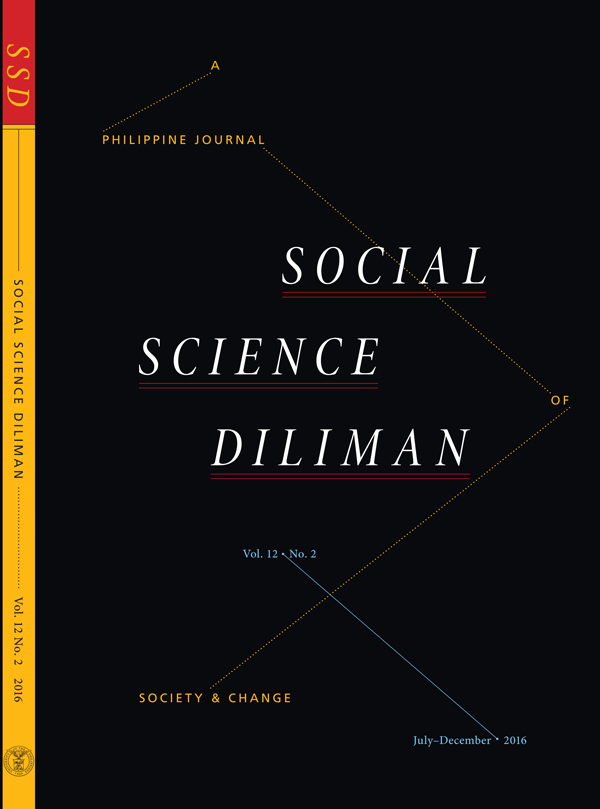Erasing/Embracing the marks of aging: Alternative discourses around beauty among Filipina migrants
Abstract
The subjects of migration and aging have both attracted scholarly attention from various disciplines, using a wide range of approaches and strategies. The intricacies of the nexus between migration and aging, however, are only now starting to be explored. This paper seeks to contribute towards an exploration of the intersection of aging and migration in the lives of Filipinas using feminist psychology and Sikolohiyang Pilipino (indigenous Filipino psychology, or SP) as methodological frameworks. This paper argues that a poststructuralist approach may be used productively in SP to provide empirical critiques of existing power structures that produce the inequalities we wish to address. Using pakikipagkuwentuhan (an indigenous semi-structured interview method) together with a poststructuralist approach to language, the study examines New-Zealand-based Filipina migrants’ meaning-making on beauty and aging. Focusing primarily on the perceived or felt pressure to be beautiful as migrants, and on some of the ways those pressures are resisted, this paper interrogates these perceptions and meanings in the context of a neoliberal subjectivity that emphasizes individual responsibility and choice, of a sexist and ageist social order that diminishes the value of older women, and of a consumerist ethic that regards the body as an object for displaying success as well as a tool for obtaining it. Beauty was found to be an important signifier of success in migration and its maintenance felt as a social obligation; however, counter-discourses of aging embedded in cultural notions of matanda (the elderly), as well as the construction of “choice” as being constrained by the body, allow women space to argue for nonconformity with society’s dictates to maintain a particular ideal of beauty.
Keywords: Migration, ageing, beauty, feminist psychology, Sikolohiyang Pilipino, embodiment


